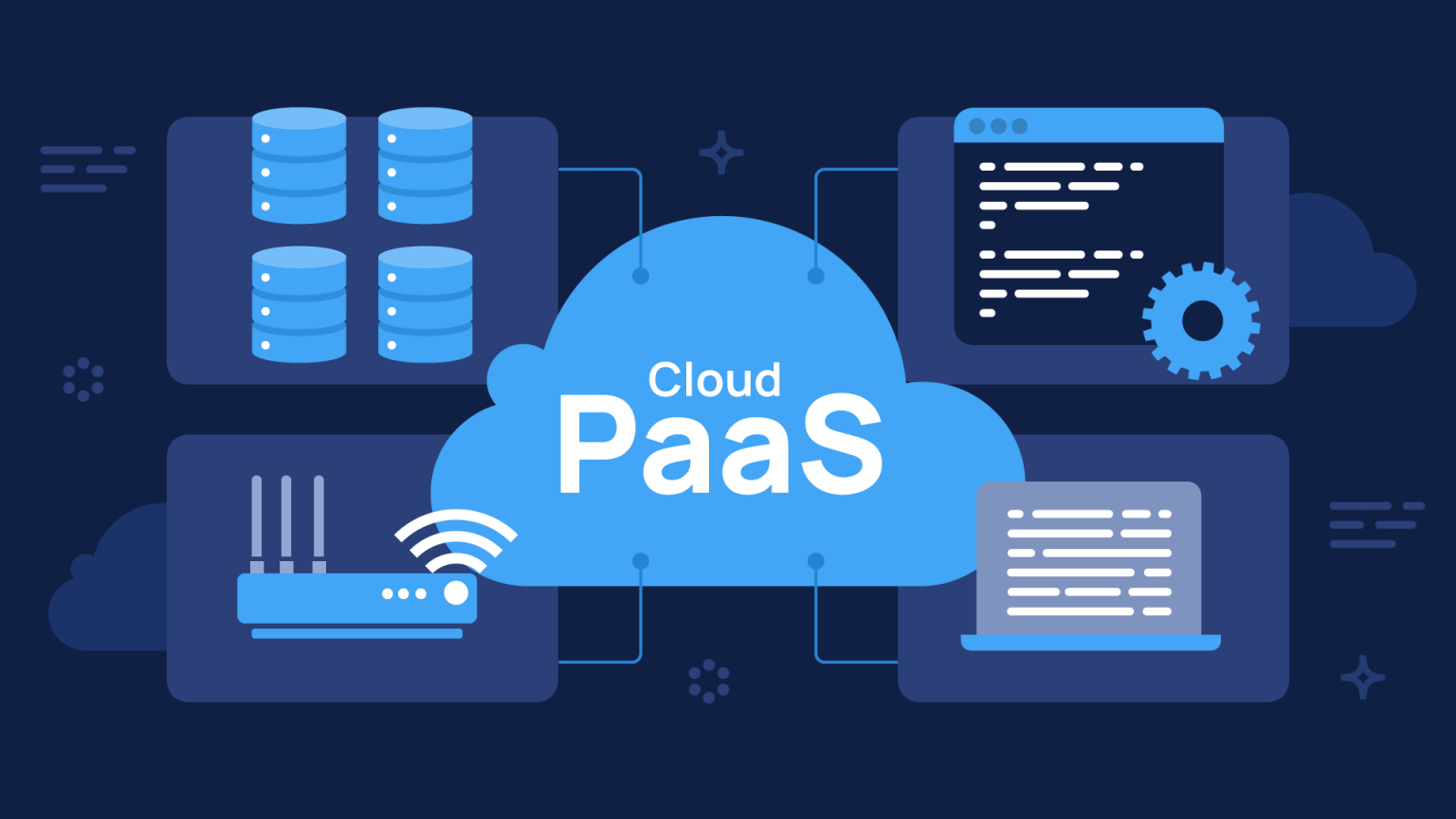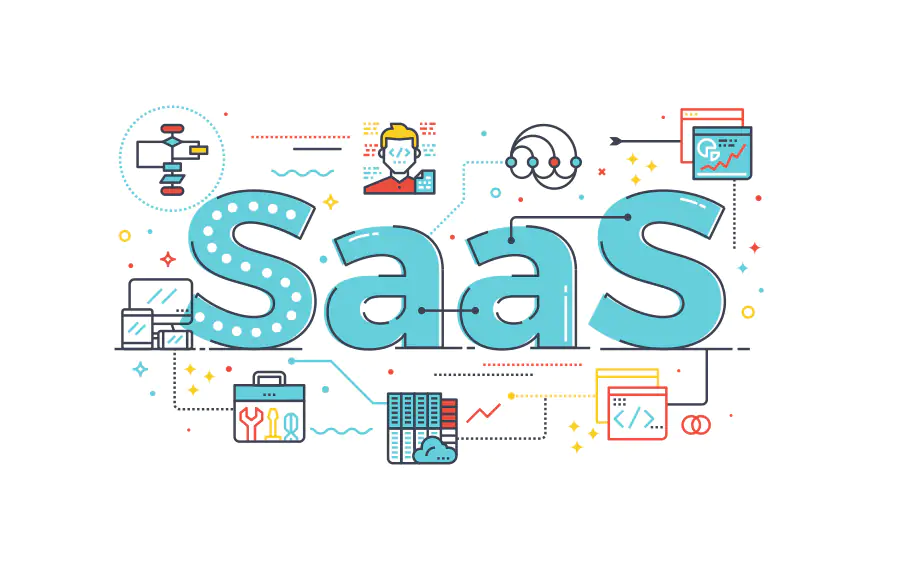Accelerating Business Growth with Cloud
August 25, 2023
Introduction
In today’s rapidly evolving digital landscape, businesses are increasingly turning to cloud services to fuel their growth and enable seamless remote operations. The cloud has revolutionized the way organizations store, access, and manage data, offering unparalleled scalability, flexibility, and cost-efficiency. Examples can be seen in GoogleDrive, iCloud, and OneDrive. This article explores the importance of cloud services for businesses looking to expand, highlighting the various types of cloud services available and providing insights into which types are best suited for small, medium, and large-sized enterprises.
Understanding Cloud Services
Cloud services refer to the delivery of computing resources, including storage, servers, databases, software, and analytics, over the internet. These services are typically categorized into three main types:



IaaS provides virtualized computing resources, such as virtual machines, storage, and networks, allowing businesses to scale their infrastructure without the need for physical hardware.
PaaS offers a complete development and deployment environment, enabling businesses to build, test, and deploy applications without worrying about underlying infrastructure management.
SaaS delivers software applications over the internet, eliminating the need for businesses to install and maintain software on their own servers. Users can access these applications through web browsers or dedicated client software.
Cloud for Different Business Sizes

Small Businesses
Small businesses can benefit from cloud by leveraging cost-effective solutions that require minimal upfront investment. SaaS applications like customer relationship management (CRM) software like Monday.com or Hubspot, project management tools, and accounting software like QuickBooks can help streamline operations and improve productivity.
Medium-Sized Businesses
Medium-sized businesses can take advantage of both SaaS and PaaS offerings. PaaS allows them to develop and deploy custom applications tailored to their specific needs, while SaaS applications can enhance collaboration, communication, and data management.
Large Enterprises
Large enterprises often require extensive computing resources and advanced infrastructure management capabilities. IaaS solutions enable them to scale their infrastructure on-demand, ensuring high availability and performance. Additionally, large enterprises can benefit from hybrid cloud solutions, combining public and private cloud services to meet their unique requirements.
Benefits of Cloud Services

Scalability
Cloud services offer unparalleled scalability, allowing businesses to quickly scale their resources up or down based on demand. This flexibility ensures that businesses can expand rapidly without worrying about infrastructure limitations.
Cost Efficiency
Cloud eliminates the need for upfront hardware investments and reduce ongoing maintenance costs. Pay-as-you-go pricing models enable businesses to pay only for the resources they use, making it a cost-effective solution for expansion.
Remote Accessibility
It enable seamless remote operations, allowing employees to access data and applications from anywhere with an internet connection. This flexibility promotes collaboration, enhances productivity, and enables businesses to tap into a global talent pool.
Data Security & Disaster
Cloud service providers prioritize data security and implement robust backup and disaster recovery mechanisms. By storing data in the cloud, businesses can protect against data loss, theft, and natural disasters.
Competitive Advantage
Cloud services empower businesses with cutting-edge technologies, such as artificial intelligence, machine learning, and big data analytics. These tools enable businesses to gain valuable insights, make data-driven decisions, and stay ahead of the competition.
Integrating & Automating Cloud Software
While cloud services offer a wealth of benefits, managing a complex ecosystem of cloud applications can lead to data silos and inefficiencies. This is where cloud integration and automation come in. Integration platforms like Zapier or IFTTT connect your disparate cloud tools, enabling seamless data flow. Imagine your CRM system automatically updating customer details in your accounting software whenever a new lead is created. Integration eliminates manual data entry errors and ensures all your applications have access to the most recent information.
Automation takes it a step further. Software like JitterBit or Workato allow you to automate repetitive tasks across various cloud applications. For instance, you can set up an automated workflow that triggers an email notification to your sales team every time a new lead enters your CRM, or automatically generates reports based on real-time data from your marketing and sales applications. By integrating and automating your cloud software, you can streamline workflows, improve operational efficiency, and free up valuable time for your team to focus on strategic initiatives.
Conclusion
Cloud computing has become an indispensable tool for businesses seeking expansion and remote operations. The scalability, cost efficiency, remote accessibility, data security, and competitive advantages offered by cloud services make them an ideal choice for businesses of all sizes. By leveraging the right cloud services, businesses can unlock their full potential, drive growth, and stay ahead in today’s dynamic business landscape.
Share This :
Grow Your Business Today
Partner with Excellence Solutions for Comprehensive and Expert IT Services to Drive Substantial Business Growth





